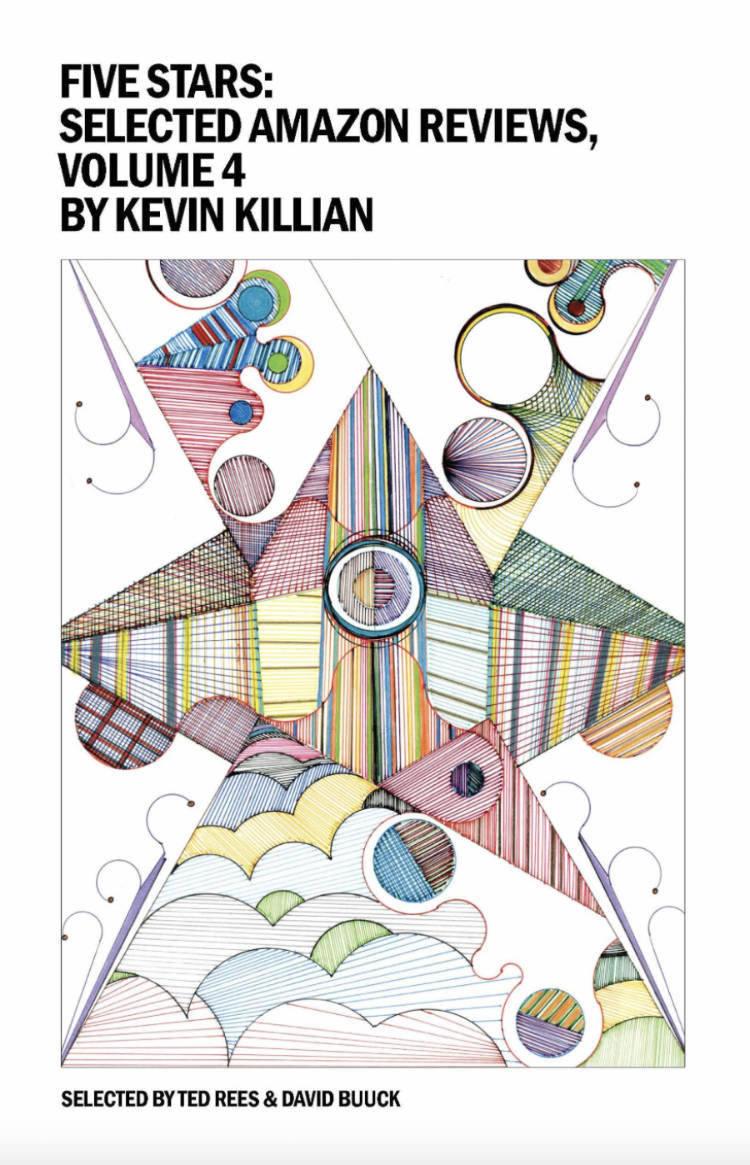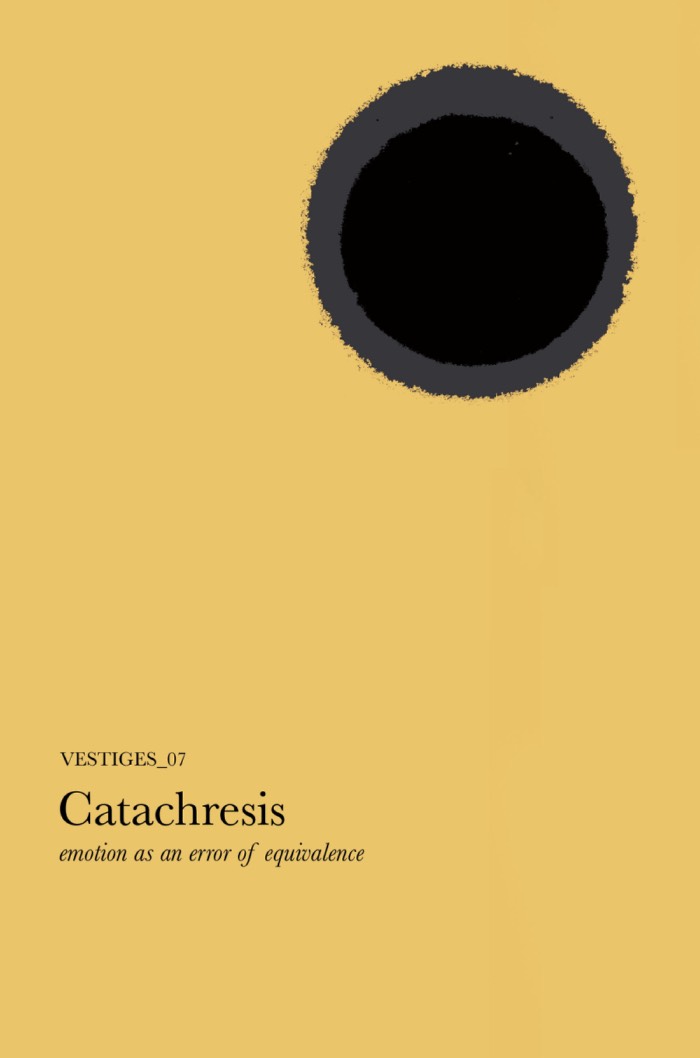
Cops Get Dead. Alexandre Benalla’s day out
COPS GET DEAD. Alexandre Benalla’s day out was written in several hours and was first performed at NO MONEY in London, May 2019, at the invitation of the NO MONEY organising group. It has also been performed in North Carolina, Washington, and New York in June, July, and August 2019. An earlier version of Cops Get Dead was edited and published by David Buuck in TRIPWIRE 16, July 2020, Oakland.
An early version, in which the sex workers from Livre Livret Liver (MA BIBLIOTHÈQUE 2019) end up in prison with Pierre Goldman (d. 1977) discussing Redoine Faïd’s most recent jailbreak (July 2018), called Livre Livret Liver Appendix: Two Hold ups & Some Suspended Sentences was performed at Mimosa House in London at the invitation of sabrina soyer and Theodora Domenech, in March 2019. It is included here.







